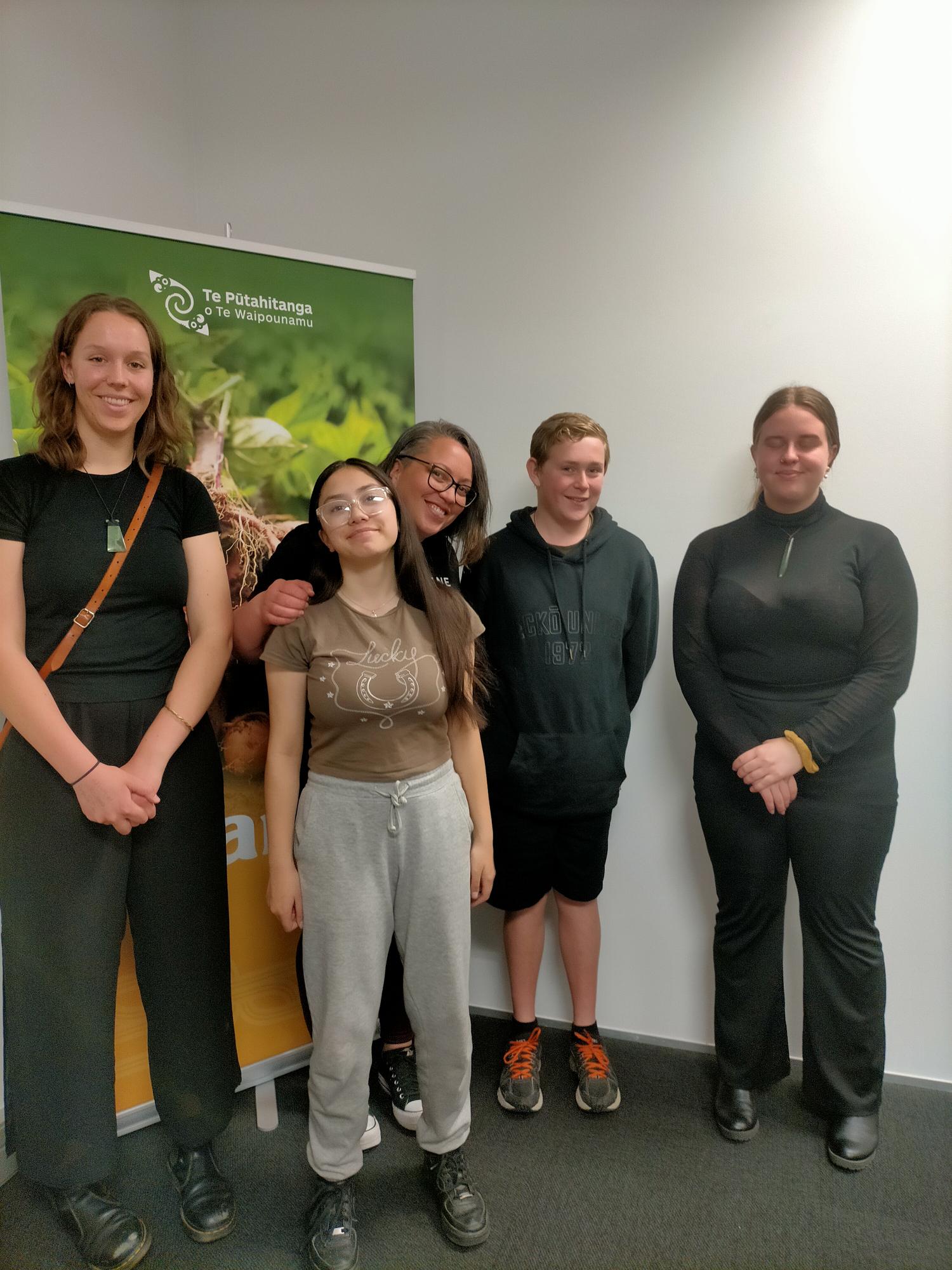LOGIN:
I did then what I knew how to do. Now that I know better, I do better –– Maya Angelou.
Over the past few days, I have been reflecting on the nature of second chances in our society, namely, who gets them, and who does not. At the beginning of the week, we learned that National MP Sam Uffindell had been reinstated to caucus, after being stood down during an investigation into complaints of bullying during his high school and university years. Party leader Christopher Luxon said that the MP “deserves a second chance.”
We talk a lot about this concept, and it seems to me that it’s generally accepted to be a good thing. Humans are fallible by nature – we are all bound to make mistakes from time to time. The idea of a second chance acknowledges that fact, offering us all the grace to learn from these mistakes and to try again with the benefit of experience and knowledge gained.
I believe in the power of a second chance, and without knowing the full story I cannot begrudge Sam Uffindell his opportunity. However, it has prompted me to compare his situation to similar challenges faced by many others, who have found themselves denied that same opportunity.
Our tamariki are born into a world that is geared against them, immersed in systems that have time and again been proven to produce poorer outcomes for Māori – we have a plethora of research that reinforces this. In this environment, it is no wonder that rangatahi make mistakes. Yet all too often, these mistakes are met with serious and lasting consequences that will define the rest of their lives – no opportunity to learn or grow, or to be seen in a different light.
Opportunity, and supporting the dreams and aspirations of whānau, is at the heart of the Whānau Ora approach. Over the years Te Pūtahitanga o Te Waipounamu has been proud to support whānau on their journey of growth and development, who are dedicated to making their futures brighter than their pasts. We have seen individuals flourish and step into their potential, and we have seen them pay that aroha forward as they become community leaders and share their journeys and knowledge with others.
This week was a reminder that Te Pūtahitanga o Te Waipounamu and the Whānau Ora network must continue to ensure that our whānau have the same opportunities as everyone else – that we all have the opportunity to know better, so that we can do better.
This week our Mauri Ora team have been taking part in a P.AT.H. facilitation wānanga. The team from P.A.T.H. are a passionate and energetic group of people who understand whānau and the need to be creative and innovative in our approach. During this training course, our team focused on aspirational planning, and the skills and strategies needed to support the work we do with whānau. It was also an opportunity for us to spend some quality time with our two new kaimahi, Tania Bartley and Riki Paea.
On Monday night we were delighted to have Sarah and Ngaroma from Sister Sister in the whare again, to host another of their Kai and Kōrero workshops. Funded through Wave, these workshops are designed to support the growth of other Māori businesses with a focus on online engagement and digital marketing.
This session was especially for wāhine entrepreneurs and featured guest speakers Lisa Fong from Move it Mama and Sarah Colcord from Chooice. Their kōrero was entertaining and inspiring, and gave attendees plenty of tips and ideas that they can incorporate into their own practices. As always, it was fantastic to bring together a community of Māori business owners and look for ways that they can support one another on their journeys.

Photo caption: L-R: Ruby Gill-Clifford, Preach Temepara, Manawa Te Heuheu, Jordan Wilson, Jayme Benyon
Over the past few months, our Kōanga Kai team has been working with Ministry of Health on a research project that focuses on the complexities of food within our whānau, and how approaches like Kōanga Kai can support whānau with food literacy. As part of this, Manawa Te Heuheu has been undertaking some case study interviews, to understand more about the relationship between whānau and kai, and this week she met with several rangatahi between the ages of 13 and 21 years.
Their whakaaro brought forth some real gems, with most of them having similar memories of being introduced to gardening at a young age by their kuia, their parents or other whānau influences. They talked about the value of the time spent together and the bonding experiences, and the satisfaction of the end results – sitting at the dinner table and discussing the kai that they had planted together.
Everyone remembered doing their best to avoid being assigned to weeding duties, and some rangatahi remembered the “rank” smell of natural fertilisers like cow manure that needed to be gathered and spread on the garden.
All the rangatahi spoke about a desire to continue being involved in gardening, and to explore the connection between planting, eating, connecting, to seasons and the maramataka. They spoke about campaigns like New World’s Little Gardens, and the importance of making sure that these initiatives are available to a bigger demographic. Not everyone shops at New World, or can afford to spend $40 per trip to qualify for a Little Garden.
Overall the rangatahi were all very passionate about normalising māra kai and finding ways that it can be seen as a wellbeing practice rather than a chore.